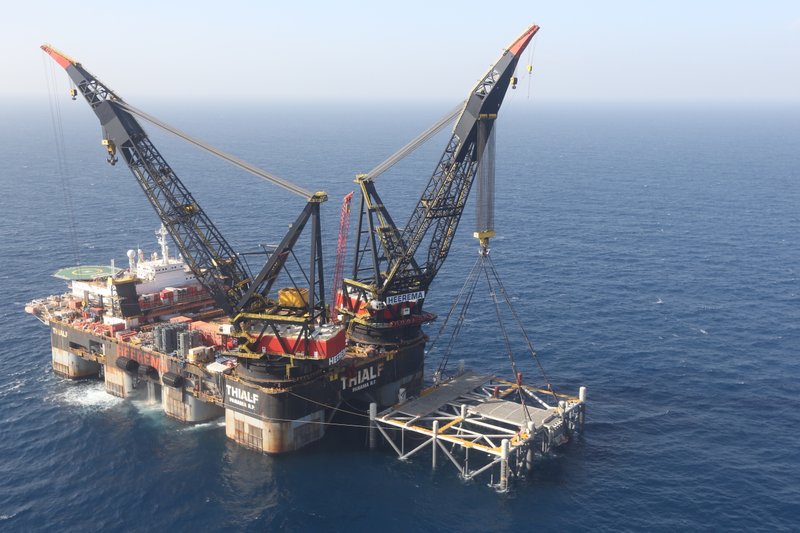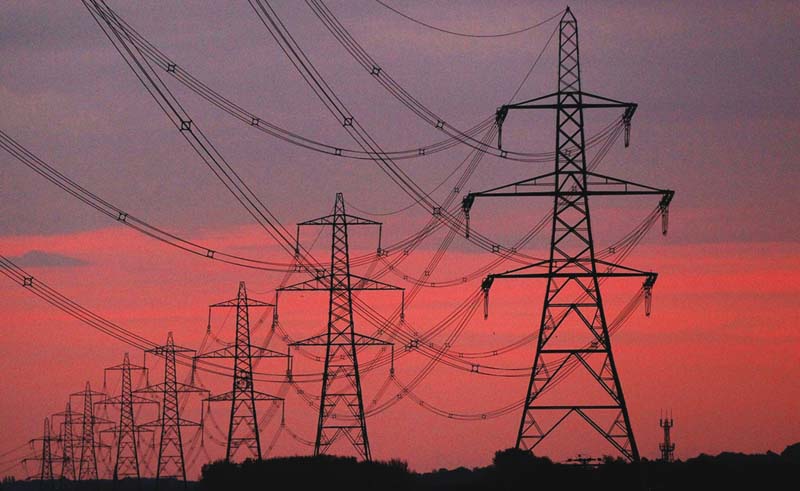According to recent statements by Petroleum Minister Sameh Fahmi, the economic and technical aspects of recent proposals to import natural gas are currently being studied by ministry specialists. Last Wednesday, Al-Masry Al-Youm reported that the government–along with the ruling National Democratic Party’s energy committee–were considering the import of natural gas in order to meet rising local demand.
In a related development, members of the local "No to Gas Imports" campaign said they planned to file a report with the attorney general and submit an interpellation motion against the petroleum minister over the issue of the proposed import of natural gas.
At a press conference Saturday, Fahmi declared that proposals to import natural gas "should be taken seriously, especially if they prove feasible." The minister went on to say that the government was attempting to benefit from recent declines in natural gas prices, which fell to US$1.83 per million British thermal units last October.
The ministry, Fahmi added, hoped to make Egypt into a regional energy hub similar to Turkey and Iran, both of which currently import and export natural gas on a large scale.
Fahmi also announced that some Arab companies with investments in Egypt had suggested the import of natural gas to meet the needs of local energy-intensive projects, either by importing it from the Gulf States, such as Qatar, or by using the Arab gas pipeline.
Fahmi added that, if Egypt were to import natural gas, private sector companies–not governments–would be responsible for the process, as is currently the case with Egyptian natural gas exports.
Meanwhile, Anwar Esmat el-Sadat, general coordinator of the campaign against imports, said the government’s inclination to import gas had confirmed experts’ warnings that local production was failing to meet local demand. El-Sadat called on Egypt’s political leadership "to take a decision to rectify the situation, lest it be seen as colluding with those wasting the country’s wealth."
According to Mahmoud Latif, head of the Egyptian Natural Gas Holding Company, the electricity sector represents the largest local consumer of natural gas–accounting for 60 percent of the company’s total production–followed by the manufacturing sector.
Latif pointed out that electricity sector officials had requested amounts of gas from the government sufficient to generate 11,000 megawatts over a five-year period, representing half the electric power currently generated.
Latif went on to call for diversifying the energy sources used to generate electricity, noting that natural gas was used to generate 20 percent of electricity demand worldwide, while in Egypt it accounted for 60 percent of electricity demand. He added that 30 percent of Egyptian natural gas is exported while the rest is consumed domestically.
Abdel Alim Taha, executive director of the Egyptian General Petroleum Corporation, said that local consumption of petroleum products had risen by 8 percent in the first half of the current fiscal year compared to the previous fiscal year. Taha also noted that gas oil consumption had increased by 5 percent, butane by 11 percent, and gasoline by 11.5 percent.
Translated from the Arabic Edition.




